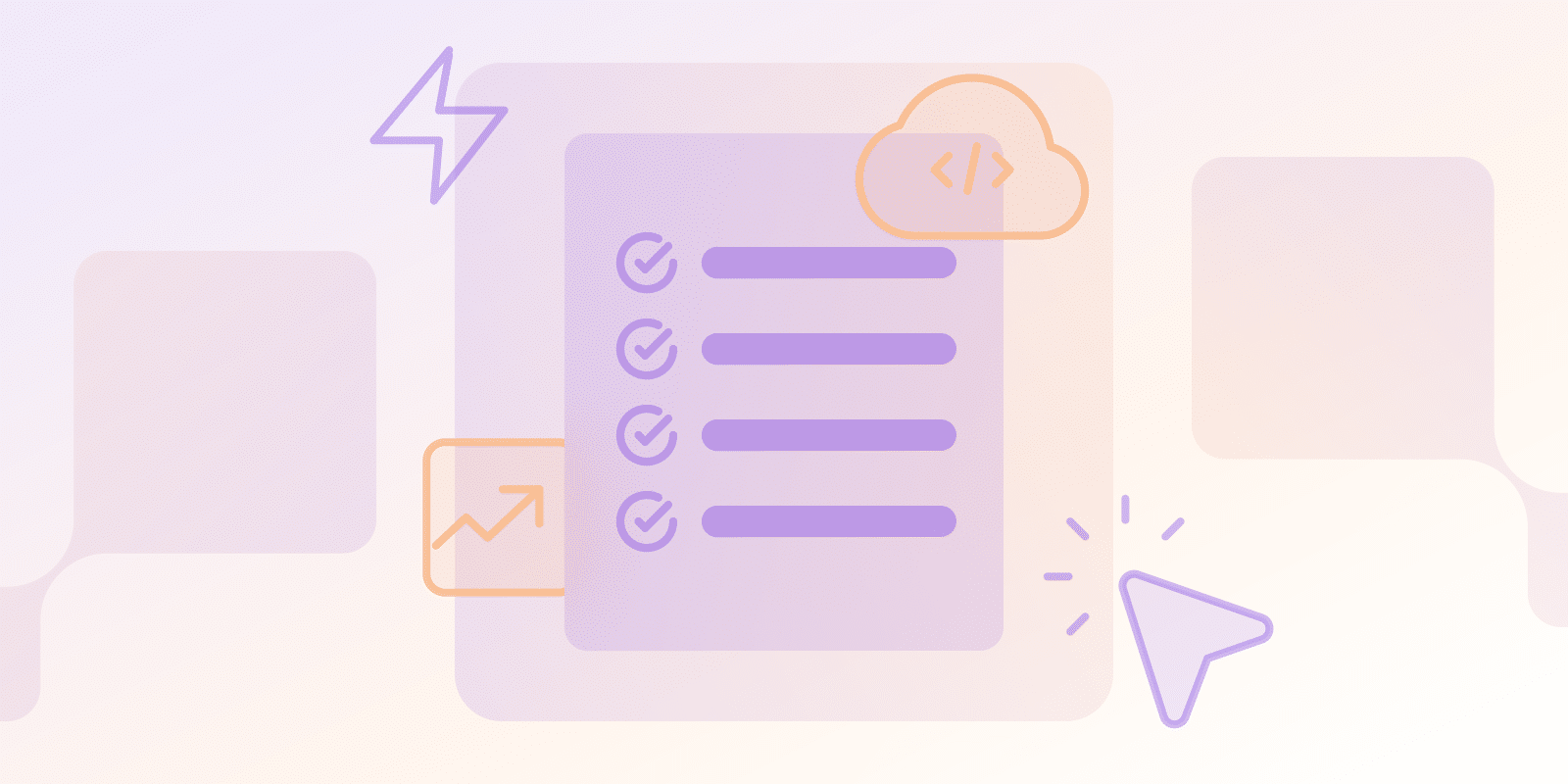Legal and Compliance
What is SaaS Compliance?

What is SaaS Compliance?
SaaS compliance involves cloud-based solutions that operate according to industry laws and standards regarding customer data.
Fully compliant software is essential to establishing customer trust and securing databases against breaches. Compliance may also be a requirement for conducting business in certain B2B contexts.
Who regulates SaaS?
There is no single, uniform regulatory body for all SaaS businesses. Regulations normally differ based on customer demographics and associated data privacy laws, as well as the industry your software covers.
SaaS regulations also depend on any contractual agreements the organization enters with clients.
What are the most common compliance frameworks for SaaS?
The most widespread compliance laws for SaaS providers include:
- SOC 2: An auditing standard used to enforce strong data security practices.
- ISO 27001: An international standard for managing information security
- PCI DSS: A compliance mechanism for SaaS operating in financial controls and credit card payments.
- HIPAA: Data protection laws for healthcare information in the United States.
| Aspect | SOC 2 | ISO 27001 | PCI DSS | HIPAA |
|---|---|---|---|---|
| Primary Focus | ||||
| Main Purpose | Data security and privacy controls | Information security management | Payment card data protection | Healthcare information protection |
| Target Industry | Any service organization handling customer data | All industries globally | Financial services and payment processing | Healthcare and related services |
| Implementation | ||||
| Mandatory Status | Voluntary but often required by clients | Voluntary international standard | Mandatory for payment card processing | Mandatory for healthcare providers in US |
| Certification Process | External audit by CPA firm | Certification by accredited bodies | Assessment by Qualified Security Assessor | Self-assessment with external audit option |
| Coverage | ||||
| Geographical Scope | US-focused, globally recognized | International standard | Global standard | United States only |
| Data Types Covered | Customer data and business information | All organizational information | Payment card data | Protected health information |
Smaller SaaS enterprises should prioritize GDPR or CCPA compliance, which will provide wider coverage.
You can work with a compliance professional to receive guidance on the frameworks most applicable to your business.
Is SOC 2 mandatory for SaaS?
SOC 2 is not mandatory for all SaaS companies, although it offers guidelines for safer processes.
A SOC2 certification demonstrates that all security measures necessary for handling user data have been implemented.
This standard is also essential when working with clients and their sensitive information.
Who is responsible for security in SaaS?
Both clients and SaaS providers should contribute significantly to ensuring data security during interactions. The SaaS company should provide a secure infrastructure and data handling methods for customers.
The level of data sensitivity determines the type of compliance your SaaS needs. Other considerations to make include the type of industries you serve, as well as your business goals. To create a detailed compliance strategy, you may need to consult a legal professional.
Do I Need SaaS Compliance?
Use these questions to judge whether your business requires SaaS compliance.
Internal Audit:
- Does your business handle confidential customer data?
- Do you operate in a regulated industry?
External factors:
- Cost of compliance against risks of non-compliance
- Legal requirements for ensuring compliance
- Security expectations from clients
Conclusion
SaaS compliance is more than just evading penalties. It’s the regulated control and application of customer data essential in maintaining quality by industry standards. Every SaaS provider should understand core business principles within their industry to make informed compliance changes.